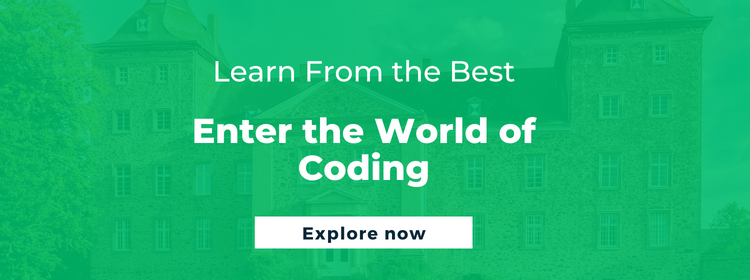What is Kafka and How Does it Boost Streaming Platforms?

The world is currently thriving on real-time data. Be it checking your heart rate on a smartwatch or reading the news online, we constantly demand live updates. This is called event streaming. To tap into this growing user behavior, companies use various frameworks to provide real-time information to customers. One such popular platform that allows event streaming is Kafka, also called Apache Kafka. (Apache HTTP Server is a free and open-source web server that delivers web content through the internet, and Kafka is freely available on it.) So what is Kafka? Isn’t he a great author and philosopher, some of us would wonder? No, not in the tech world. Here, it is a modern distributed system that uses clusters to stream data and provides real-time updates.
What is Kafka Used for?
The primary use is to manage and process high volumes of streaming data. Companies use this tool in different ways.
- As an Event Streaming Platform that offers instant data updates. Take the processing of immediate online financial transactions and monitoring logistics in the automotive industry or real-time conditions of patients in hospitals.
- As a Messaging System, as a platform to store, process, publish or subscribe to high volumes of data.
- As a Data Storage Platform, it enables repeat streaming by storing data on disk even if the clusters become inactive.
Who Would Use Kafka?
It was originally built as an internal architecture software by LinkedIn in 2011 to manage the continuous flow of data on the platform exclusively. Later, LinkedIn made it freely accessible to the public through the Apache server. Today, it is an open-source framework that anyone can use for event streaming. At present, thousands of companies in the world are using this tool, including one-third of Fortune 500 companies. These businesses are in the areas of healthcare, IoT device development, fintech, and online music or video streaming, among others.
How Does Kafka Work?
It is a distributed system that uses high-performance network protocol for communication. This means that it runs on several servers rather than a single system. It is divided into two components – the client and Kafka servers. These servers run as clusters or groups to collect information from multiple data sources in less time. The clients’ side processes the information gathered by server clusters and streams information. Through this, Kafka helps its users build applications that provide real-time updates.
 Key Benefits of Kafka
Key Benefits of Kafka
Thousands of companies use this tool because of its high performance, zero downtime, and fewer data integrations. These qualities allow for significant benefits for organizations.
Scalability
One of the most significant advantages is its easy scalability. This allows the processing of high volumes of streaming data and can accommodate multiple producers and consumers.
Low Latency
Kafka decouples or dissociates data streams and decreases latency only to 10 milliseconds. It provides real-time data without any hiccups.
Acts as a Buffer
Kafka works as an intermediary that collects data from various sources and provides it to the users. Since it works on a separate set of cluster servers, it ensures that your system doesn’t crash while subscribing to data.
What are Kafka APIs?
APIs or Application Programming Interfaces are software that allows the integration of multiple apps.
 The Five Core Kafka APIs are:
The Five Core Kafka APIs are:
- Admin API: This aims to inspect and manage objects such as brokers and topics
- Producer API: It lets clients write topics to which users can subscribe
- Consumer API: It allows users to read or subscribe to topics
- Streams API: It facilitates higher-level stream processing functions by providing access to applications and microservices
- Connect API: It creates import and export connectors for external applications or systems
Frequently Asked Questions
1. Is Kafka a Database?
No, it is not a database. It is a platform that allows real-time data streaming. Even though it incidentally stores, it is not considered a database.
2. Is Kafka a Framework or a Tool?
It is an open-sourced platform or framework that processes real-time streaming data. It helps companies analyze big data.
3. Does Netflix Use Kafka?
Yes, as a video-streaming service provider, Netflix uses this tool to monitor and stream real-time data.
4. Why is Kafka So Popular?
Big companies like Netflix, LinkedIn, Cisco, Goldman Sachs, and others use this tool because of its ability to stream high volumes of data, high scalability, and zero downtime.
5. What Coding Language is Kafka Written in?
It is written in both Java and Scala. Older versions were written in Scala, whereas the latest versions use Java programming language.
In addition to event streaming, companies also use it for big data analytics. As the usage of live streaming platforms and big data analytics increase, so will the use of Kafka. This will create high demand for skilled software developers or engineers with extensive knowledge of the tool. However, before you go in-depth into what is Kafka, you must have advanced coding knowledge. Explore Emeritus’ coding and full-stack courses and learn the fundamentals of software engineering and how coding languages are being used for big data analytics.
By Sneha Chugh
Write to us at content@emeritus.org















